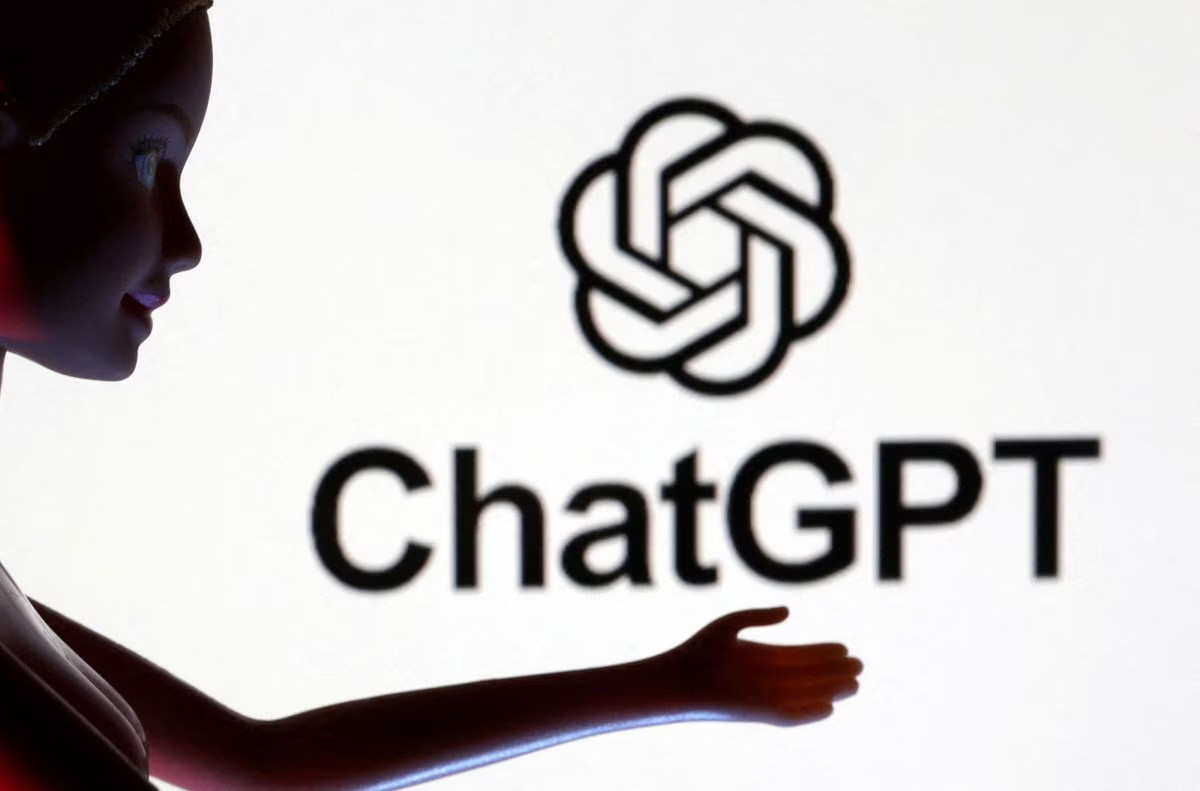
ChatGPT's year on: From viral AI bot to OpenAI's boardroom battle
We asked ChatGPT, OpenAI's viral chatbot, how it felt on its first birthday. This was its reply: "Thank you for the birthday wishes! However, it's important to note that as a computer program, I don't have feelings or consciousness, so I don't experience emotions like humans do." Still, its uncannily human-like responses have taken the world by storm in the past year. And while it has answered millions of user prompts, its growing influence has raised questions about the role of AI in society. Its parent, OpenAI, was also jolted this month by a tumultuous boardroom battle that saw the sudden ouster and return of CEO Sam Altman. ChatGPT became the fastest-growing software application in the world within six months of its launch. It also sparked the launch of rival chatbots from Microsoft, Alphabet and a bevvy of startups that tapped the hype to secure billions in funding. The generative AI craze has disrupted several industries from cloud computing and customer service to movie editing and screenplay writing. Here are four charts on ChatGPT and the impact of generative AI: ChatGPT Dominates Despite Rise Of Competitors ChatGPT's competitors include Bard, Anthropic's Claude, Character.AI and Microsoft's CoPilot, which have seen a surge in users. ChatGPT, however, commands the lion's share of the market. ChatGPT App Downloads Six months after ChatGPT's website launch, OpenAI introduced the chatbot application to Apple's iOS in May and later on Android in July. Downloads of the app on both platforms have steadily increased on both platforms, with OpenAI seeing revenue from in-app purchases, according to data analytics firm Apptopia. Winners of The AI Boom Nvidia became the first and the only chip company to join the $1 trillion valuation club and is widely considered the biggest winner of the AI boom due to its position as the key supplier of the chips used to power ChatGPT and other generative AI applications. With these applications running mostly on the cloud, vendors of cloud computing services, including Microsoft, Amazon and Alphabet, have also seen their shares surge. Big Tech Pours Billions Into AI ChatGPT's launch sparked massive investments from the top tech players. Microsoft and Alphabet have invested billions to improve their cloud computing capabilities and take on more AI workloads as businesses embrace such tools. Controversies OpenAI and its backer Microsoft have been slapped with several lawsuits that have been brought by groups of copyright owners, including authors John Grisham, George R.R. Martin and Jonathan Franzen, over the alleged misuse of their work to train AI systems. The companies have denied the allegations.

We asked ChatGPT, OpenAI's viral chatbot, how it felt on its first birthday. This was its reply: "Thank you for the birthday wishes! However, it's important to note that as a computer program, I don't have feelings or consciousness, so I don't experience emotions like humans do." Still, its uncannily human-like responses have taken the world by storm in the past year. And while it has answered millions of user prompts, its growing influence has raised questions about the role of AI in society. Its parent, OpenAI, was also jolted this month by a tumultuous boardroom battle that saw the sudden ouster and return of CEO Sam Altman. ChatGPT became the fastest-growing software application in the world within six months of its launch. It also sparked the launch of rival chatbots from Microsoft, Alphabet and a bevvy of startups that tapped the hype to secure billions in funding. The generative AI craze has disrupted several industries from cloud computing and customer service to movie editing and screenplay writing. Here are four charts on ChatGPT and the impact of generative AI: ChatGPT Dominates Despite Rise Of Competitors ChatGPT's competitors include Bard, Anthropic's Claude, Character.AI and Microsoft's CoPilot, which have seen a surge in users. ChatGPT, however, commands the lion's share of the market. ChatGPT App Downloads Six months after ChatGPT's website launch, OpenAI introduced the chatbot application to Apple's iOS in May and later on Android in July. Downloads of the app on both platforms have steadily increased on both platforms, with OpenAI seeing revenue from in-app purchases, according to data analytics firm Apptopia. Winners of The AI Boom Nvidia became the first and the only chip company to join the $1 trillion valuation club and is widely considered the biggest winner of the AI boom due to its position as the key supplier of the chips used to power ChatGPT and other generative AI applications. With these applications running mostly on the cloud, vendors of cloud computing services, including Microsoft, Amazon and Alphabet, have also seen their shares surge. Big Tech Pours Billions Into AI ChatGPT's launch sparked massive investments from the top tech players. Microsoft and Alphabet have invested billions to improve their cloud computing capabilities and take on more AI workloads as businesses embrace such tools. Controversies OpenAI and its backer Microsoft have been slapped with several lawsuits that have been brought by groups of copyright owners, including authors John Grisham, George R.R. Martin and Jonathan Franzen, over the alleged misuse of their work to train AI systems. The companies have denied the allegations.
